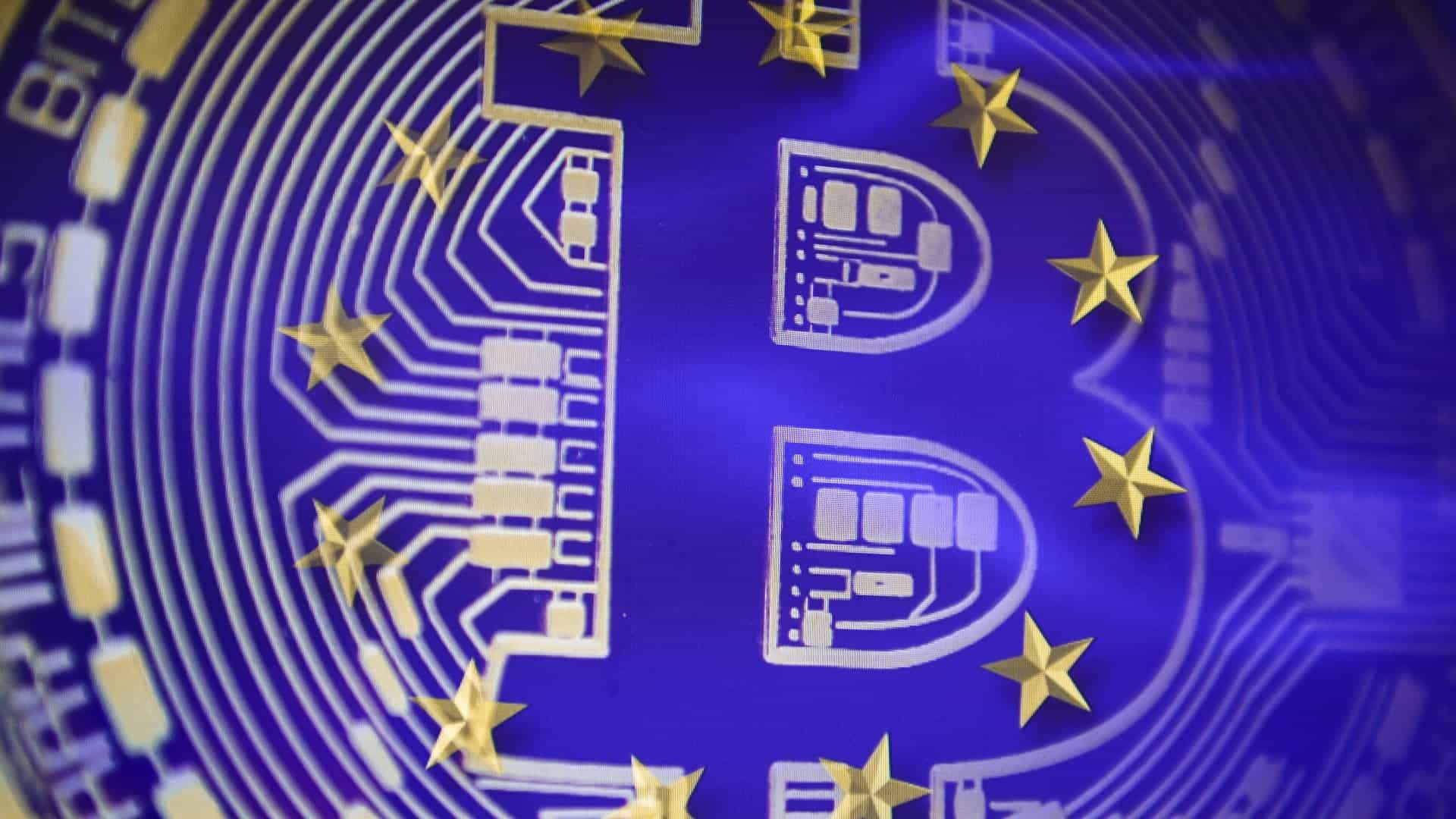
EU’s Data Act sparks debate on smart contract regulation
2023-06-28 by
Hugues Marty
The European Union (EU) has recently finalized the highly contested European Data Act, a landmark piece of legislation aimed at reshaping the digital landscape. The act, which had been met with criticism from the crypto community, emphasizes the fair use of industrial data and the removal of barriers to data sharing across various services. While the act intends to foster innovation and lower service costs, concerns have been raised regarding its provisions surrounding smart contracts and the potential impact on the crypto industry.
The purpose of the Data Act
The European Parliament passed the Data Act on March 14, marking a significant step towards enabling the more efficient utilization of data resources. By encouraging the training of algorithms with shared data, the act aims to reduce the costs of services and promote the development of cutting-edge technologies. However, its provisions relating to smart contracts have been met with skepticism and sparked debate within the crypto community.
EU’s Data Act sparks debate regarding smart contracts regulation
One of the key points of contention revolves around the act’s proposal for the introduction of kill switches in smart contracts. These kill switches would allow for the safe termination of contracts, providing an added layer of security and control. While the act also includes safeguards to protect trade secrets and prevent unauthorized data transfers, many proponents of cryptocurrencies argue that these provisions may stifle innovation and hinder compliance within the crypto industry. This is one way in which EU’s Data Act sparks debate.
Critics argue that imposing strict regulations on smart contracts could impede the development of decentralized applications (DApps) and hinder the potential of blockchain technology. Concerns have been raised that the legislation might require smart contract developers to incorporate reset possibilities, making it harder to achieve the decentralized and immutable nature that has made blockchain technology so revolutionary.
Navigating the path to regulation
Martin Hiesboeck, head of research at Uphold, a leading platform in the crypto industry, suggests that the EU’s move towards regulating smart contracts is part of a broader strategy aimed at governing data markets on a pan-European scale. With the exponential growth of digital data and the increasing reliance on data-driven technologies, it is understandable that policymakers seek to establish a regulatory framework to ensure fair and secure data usage. While the intentions behind such regulations may be well-founded, it is crucial to strike a delicate balance that not only addresses concerns related to security and consumer protection but also fosters innovation and allows for the continued growth of the crypto industry.
The importance of collaboration
As the EU finalizes the Data Act and its provisions on smart contracts, it is imperative to involve all relevant stakeholders in the decision-making process. Collaboration between lawmakers, crypto experts, and industry leaders can lead to a more nuanced understanding of the potential consequences of such regulations. By working together, it is possible to find a middle ground that addresses concerns while fostering an environment conducive to innovation.
Promoting innovation and economic growth
In an era marked by rapid technological advancements, it is vital to embrace innovation and encourage the growth of emerging technologies. While regulations are necessary to protect consumers and maintain a level playing field, excessive government intervention can stifle progress. The crypto industry has already demonstrated its potential to disrupt traditional systems and drive economic growth. By allowing smart contracts to flourish, the EU can position itself at the forefront of this digital revolution.
Looking ahead
The European Data Act represents a significant milestone in the EU’s efforts to reshape the digital landscape. While the legislation has been met with criticism, particularly regarding its provisions on smart contracts, it is crucial to strike a balance between regulation and innovation. Collaboration among stakeholders is key to finding a solution that fosters growth, protects consumers, and allows the crypto industry to thrive. By embracing the transformative potential of emerging technologies and promoting a favorable regulatory environment, the EU can position itself as a global leader in the digital economy.